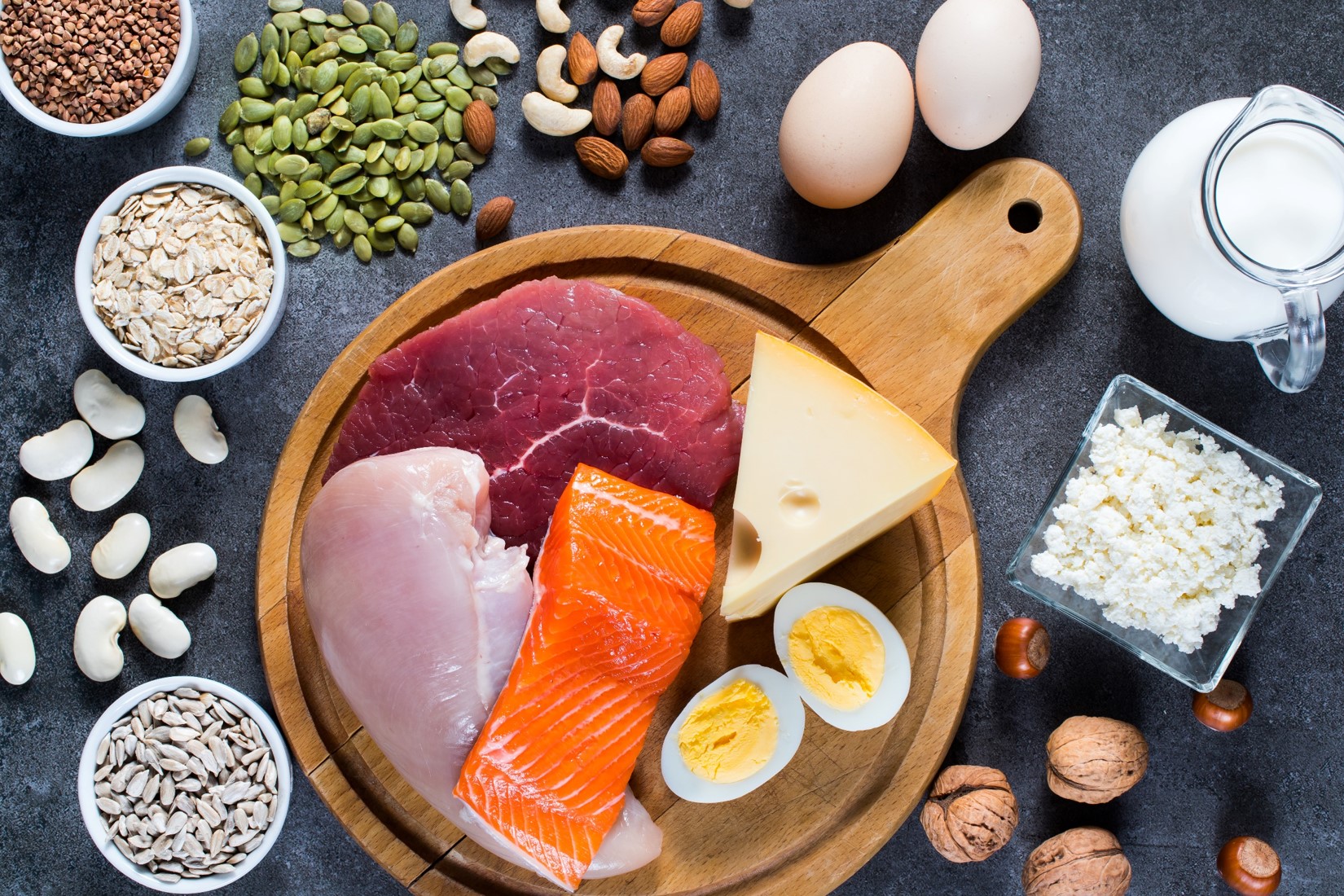Follow us on:

Tips to Improve Nutrition in Palliative Care
How to make meals more enjoyable and nutritious for loved ones with advanced illnesses.
Food is often used as a way to expressing love and care, however, when caring for someone with advanced illnesses, you may face difficulties as they have a loss of appetite, swallowing difficulties, or changes in their sense of taste and/or smell. Nutrition in palliative care focuses on quality of life – comfort, symptom relief and enjoyment of food.
Here are some tips that may help meal time be more enjoyable while maximising nutrition in palliative care:
- Find out their food preferences
Through the years, your loved one may have changed their food preferences; they may use to like Hokkien Mee, but not anymore. Observe their responses towards the dish and be open to their feedback. You can also explore using different spices, herbs, and ingredients to add more flavour and aroma. Cold foods such as popsicles, milkshakes, and yogurt may be better tolerated, especially if experiencing nausea or dry mouth. Allow your loved one to guide you for the amount of food to eat. Force-feeding can cause additional stress during mealtime for both you and your loved one.
- Smaller, frequent meals
Being served a large portion of food at once may seem intimidating, hence, having 5-6 smaller meals instead of 3 bigger meals may be better tolerated.
Make every bite count – add foods high in protein and calories in each meal, some examples would be to drizzle sesame/olive oil, include fish, chicken, tofu, eggs, top with nuts and seeds. Include nourishing fluids such as full cream milk, oral nutritional supplements, smoothies, soy milk, et cetera.
-
- Create the environment
Encourage your loved one to have meals at the dining table or out of the bed, if possible. Have meals together with family or friends. These can help make meal time more enjoyable.
